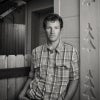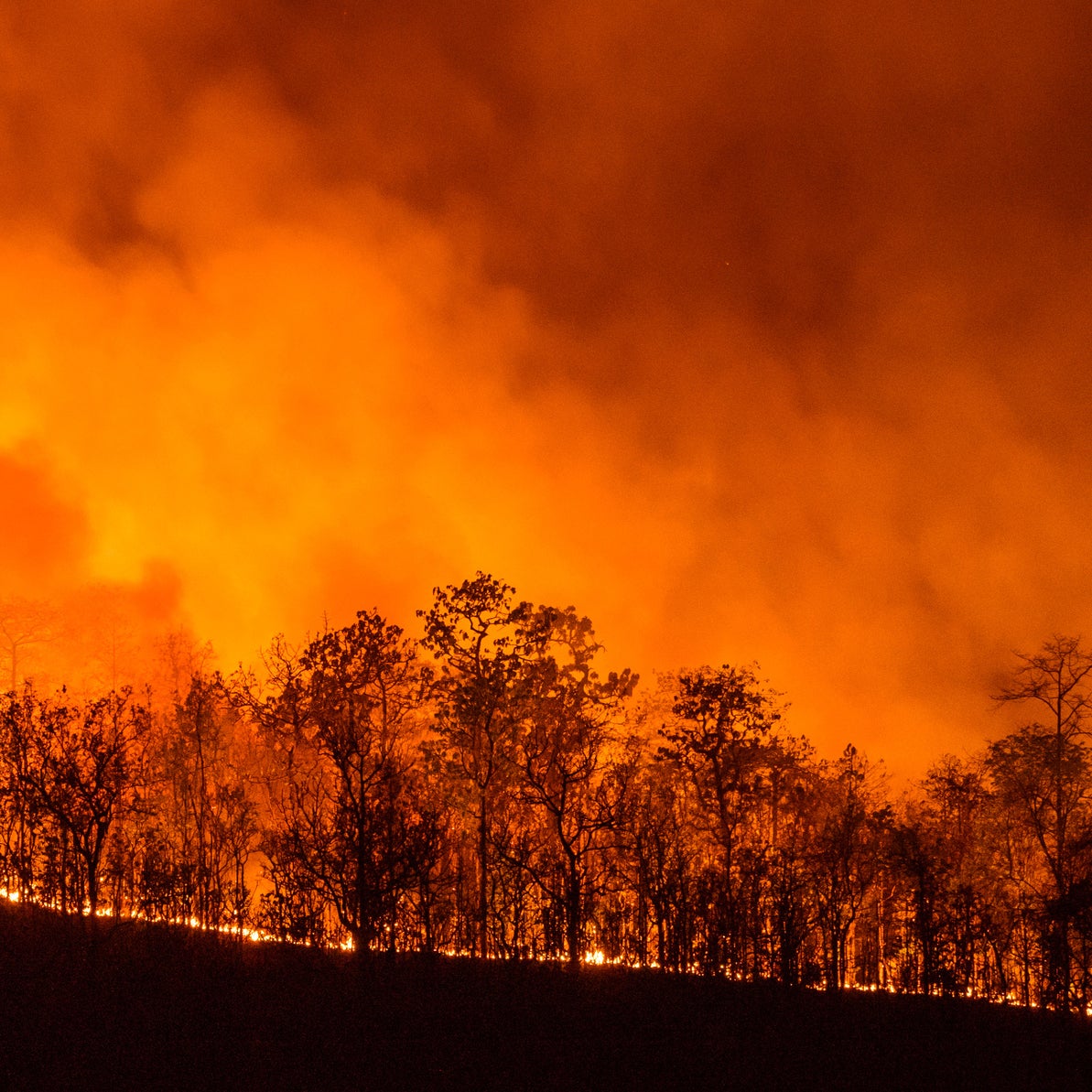There’s a lot about wildfires that makes me uncomfortable. I don’t like that they raze 3,000 houses per summer, and I hate that they kill an average of 30 firefighters each season. I’m still adjusting to the once-proud pines in my New Mexico backyard that two recent fires curled into charred poles. Still, it bothers me that most people view every flame as disaster.
Fire defines much of the West’s ecology, though it was a hard-learned fact that countless species need flames to survive. In the decades after the U.S. Forest Service launched its , sequoia saplings vanished from California. Scientists were befuddled, the public distraught. Was this the last generation of an American icon? It looked like it until the early 1960s, when a Park Service ecologist followed a hunch and intentionally set a sequoia grove ablaze. The fire quickly grew out of control, torching dozens of trees that had rooted around the time Caeser crossed the Rubicon. The Park Service weathered a public relations nightmare until that damp spring, when saplings thick as astroturf sprouted beneath the carcasses of giants. In the forest, death and disturbance spawn renewal.
In the forest, death and disturbance spawn renewal. Fire is nature’s agent of change.
I get that. But my geek’s love for ecology doesn’t quite explain the visceral wonder I get from wildfires. You know the feeling if you’ve ever fallen under a campfire’s spell, mesmerized by the way flames crawl, leap, materialize in the gas venting from engulfed logs. That magic is exponential with wildfires. It’s pure reverence to walk at night through a burning forest. Not one that’s detonating like a Manhattan Project experiment, but a fire where the flames are ankle-high and spreading through pine needles like ink staining white cloth.
Fire cleans the woods. It’s the natural phenomena responsible for the glens that we ski, hike, and bike through; it births aspen stands and sprouts browse for hooved critters. It also leaves behind dead trees, sometimes by the thousands, and too often it burns something far more fragile. I don’t like fire’s destruction. I like the . One doesn’t exist without the other.


